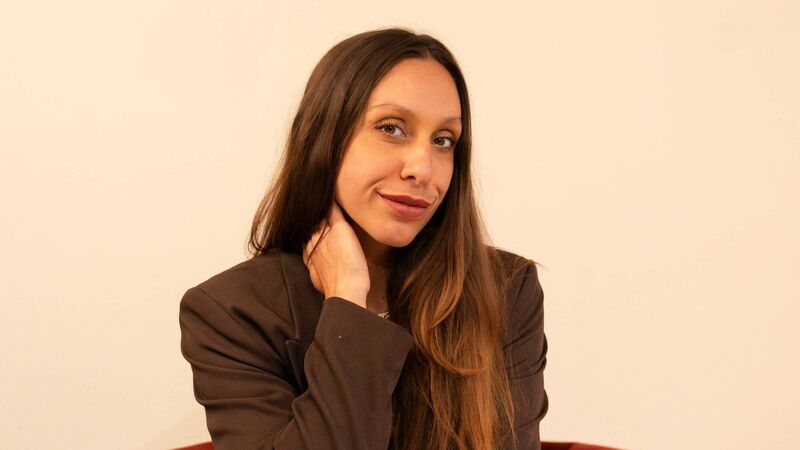Expert tips to motivate yourself to make changes that actually last

Neuroscientist and authorNicole Vignola: Telling yourself that you want to get fit will get you so fa
Try from €1.50 / week
SUBSCRIBE
Neuroscientist and author Nicole Vignola: Telling yourself that you want to get fit will get you so fa
September's back-to-school vibes can make it feel more like the start of a new year than dull, dark January. There is a palpable sense of knuckling down to work and recommitting to life goals.
Three experts in neuroscience and positive psychology tell us how we can harness September’s motivational energy to our advantage and share practical strategies to achieve lasting change.
Already a subscriber? Sign in
You have reached your article limit.
Annual €130 €80
Best value
Monthly €12€6 / month
Introductory offers for new customers. Annual billed once for first year. Renews at €130. Monthly initial discount (first 3 months) billed monthly, then €12 a month. Ts&Cs apply.
CONNECT WITH US TODAY
Be the first to know the latest news and updates
Newsletter
The best food, health, entertainment and lifestyle content from the Irish Examiner, direct to your inbox.
Newsletter
The best food, health, entertainment and lifestyle content from the Irish Examiner, direct to your inbox.

Our team of experts are on hand to offer advice and answer your questions here
© Examiner Echo Group Limited